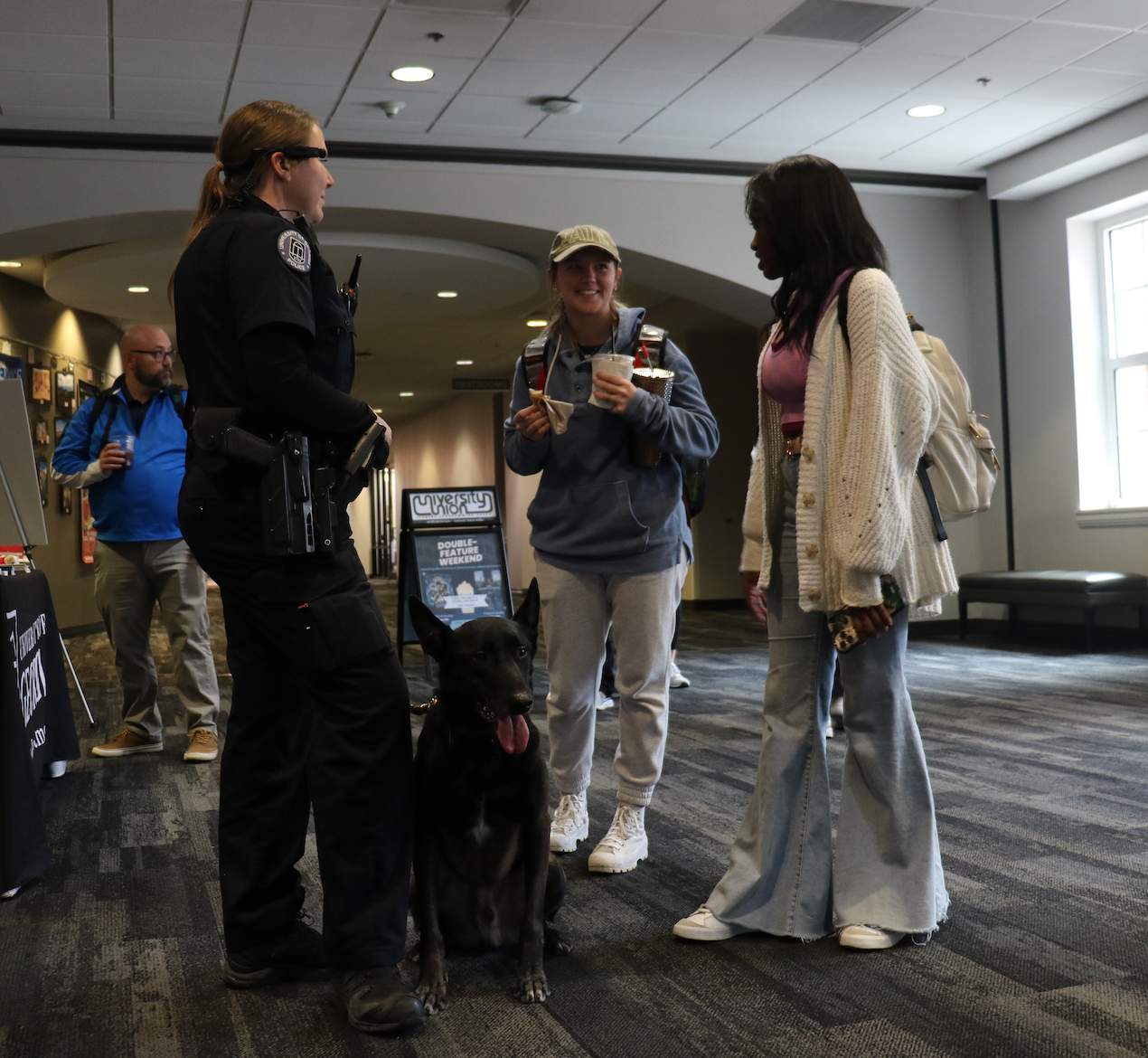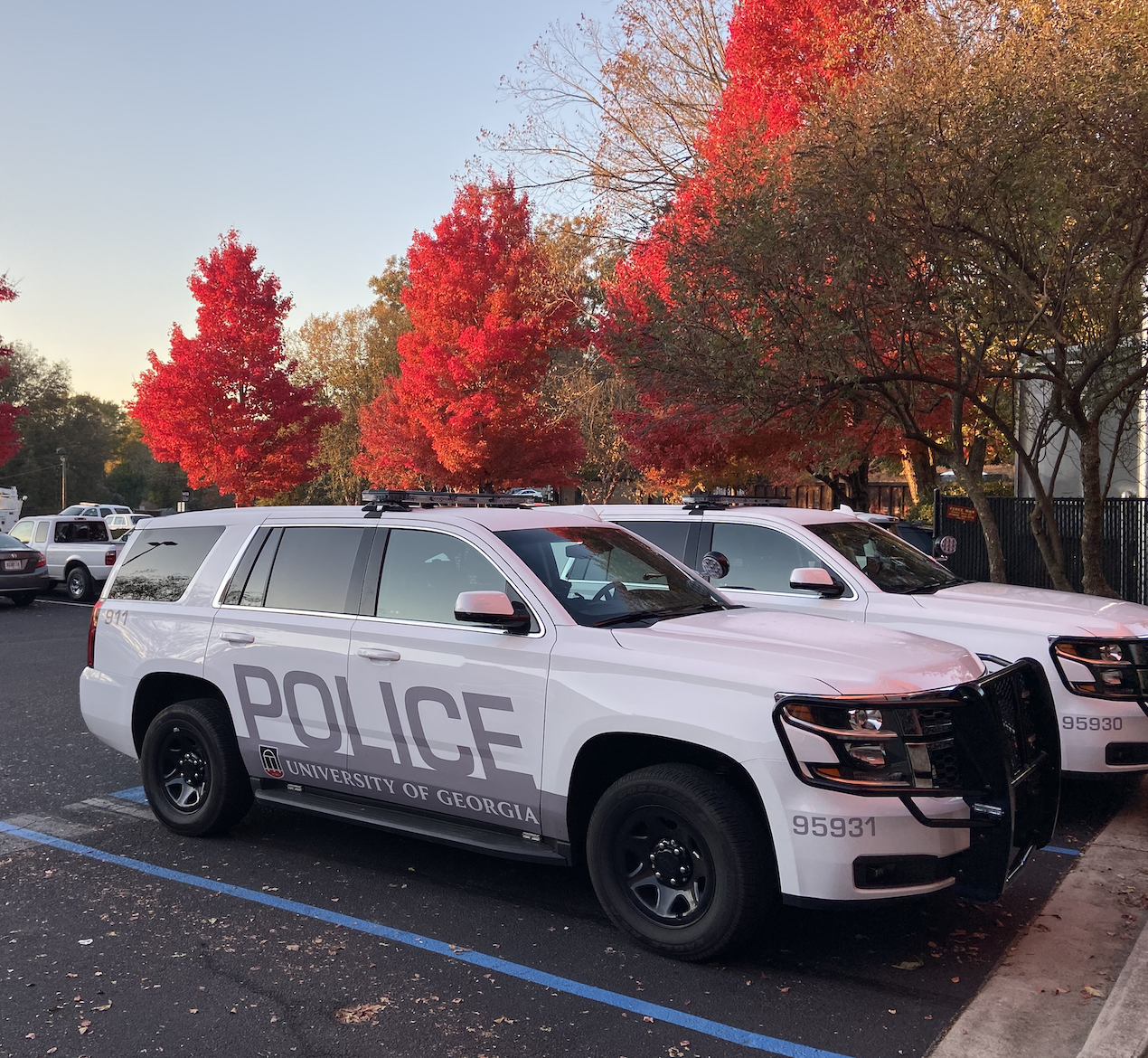The University of Georgia Police Department offers the following information and tips about reporting emergency situations to your local authorities.
For further information, see the University of Georgia’s Safe & Secure brochure.
What to Report:
- Your name
- Telephone number
- Location or address
- The nature and location of the emergency
- The following information will help you avoid injury and help the University of Georgia return to normal operations in the shortest time possible following an emergency or disaster.
In An Emergency:
- Do avoid panic by staying calm, using common sense, and rendering assistance where needed
- Do evacuate buildings in an orderly and rapid fashion upon the request of authorities, activation of fire alarm, or if a situation becomes life-threatening
- Do seek out and remember the locations of at least two exits you could use in an emergency
- Do keep a flashlight and batteries stored in your office if you are a faculty or staff member
- Do Not use the telephone for reasons other than emergency purposes
- Do Not use elevators in case of fire
- Do Not jeopardize your life or the lives of others by attempting to save property
- Do Not cross police barriers without authorization
- Do Not delay in reporting an emergency to the University Police



